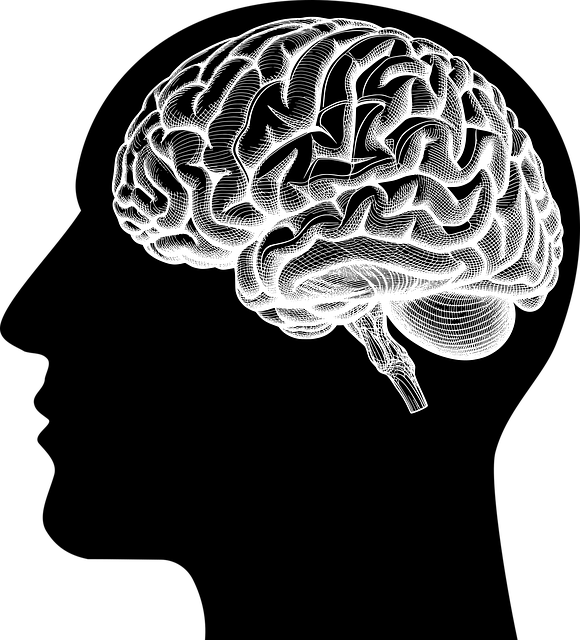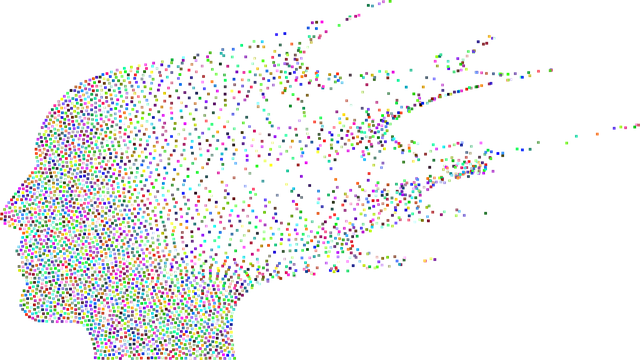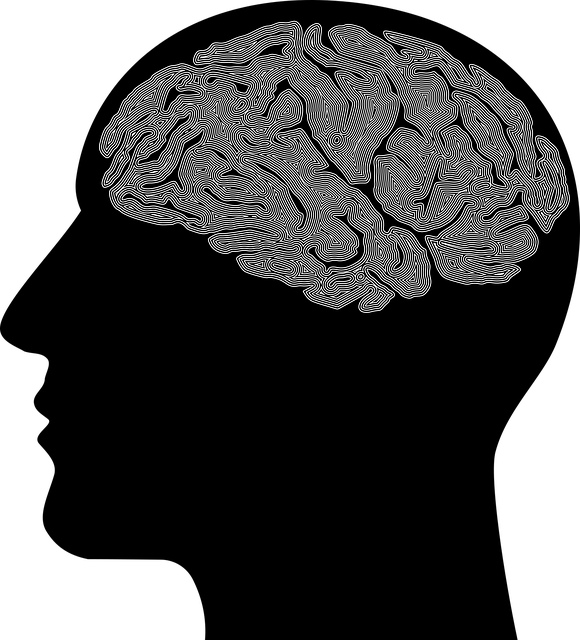In Littleton Autism Spectrum Disorder (ASD) Therapy, the RFM framework (Recovery, Flexibility, Mastery) focuses on emotional regulation, adaptability, and control to tailor interventions for enhanced resilience and well-being. Through personalized exercises integrating social skills, coping mechanisms, and self-care practices, our approach empowers individuals to manage environmental stressors and sensory complexities. The Littleton Approach combines traditional therapy with innovative practices like compassion cultivation and Mood Management, incorporating Mental Wellness Journaling Exercises for proactive emotional management. This holistic framework ensures individuals with ASD receive nurturing guidance for improved mental health outcomes.
Resilience is a critical component of well-being, especially for individuals on the Autism Spectrum Disorder (ASD). This article explores how RFM (Strengths, Weaknesses, and Motivators) analysis, coupled with resilience-building exercises, enhances therapy outcomes for ASD. We delve into the significance of understanding individual strengths and challenges, presenting The Littleton Approach—a holistic framework that leverages these principles. By integrating RFM and resilience exercises, therapists can foster adaptability and improve quality of life for those navigating ASD. Discover how this approach revolutionizes Littleton Autism Spectrum Disorder Therapy.
- Understanding RFM and Its Relevance in Autism Spectrum Disorder Therapy
- Implementing Resilience-Building Exercises for Individuals with ASD
- The Littleton Approach: A Holistic Framework for Effective Support
Understanding RFM and Its Relevance in Autism Spectrum Disorder Therapy

Understanding RFM, or Recovery, Flexibility, and Mastery, is essential in the context of Littleton Autism Spectrum Disorder (ASD) Therapy. This framework recognizes that individuals on the spectrum face unique challenges related to emotional regulation, adaptability, and sense of control. By focusing on these three dimensions, therapists can develop tailored interventions to enhance resilience and overall well-being.
In the realm of ASD therapy, RFM exercises aim to foster self-care practices and coping skills development, encouraging individuals to navigate their environment with greater ease. These strategies promote the establishment of a consistent self-care routine for better mental health, which is particularly crucial in managing the stressors and sensory complexities often associated with autism. Through RFM, therapists empower individuals to take charge of their emotional experiences and develop effective tools to cope with life’s demands.
Implementing Resilience-Building Exercises for Individuals with ASD

Implementing Resilience-Building Exercises for Individuals with ASD involves tailoring therapeutic activities to address unique challenges and strengths associated with the Autism Spectrum Disorder (ASD). At our Littleton Autism Spectrum Disorder Therapy center, we focus on fostering self-care practices rooted in Mind Over Matter principles. These exercises aim to enhance coping mechanisms, promote emotional regulation, and improve overall well-being.
Through a carefully crafted Community Outreach Program Implementation, we introduce activities that encourage social interaction, build confidence, and teach practical life skills. By integrating these resilience-building exercises into therapy sessions, individuals with ASD can develop strategies to navigate stressful situations, communicate their needs effectively, and cultivate a sense of independence. Our approach emphasizes the importance of personalized care, ensuring each exercise is adapted to align with individual interests and learning styles.
The Littleton Approach: A Holistic Framework for Effective Support

The Littleton Approach offers a holistic framework designed to support individuals with Autism Spectrum Disorder (ASD) by addressing their unique challenges and fostering resilience. This approach recognizes that every individual has distinct needs and strengths, so it tailors interventions to promote mental wellness. Beyond traditional therapy, the Littleton method incorporates innovative practices like compassion cultivation and Mood Management techniques to create a comprehensive support system. By encouraging self-awareness and providing practical tools, this approach empowers individuals to navigate their emotional landscapes effectively.
One key component is Mental Wellness Journaling Exercise Guidance, which helps users track their moods, thoughts, and experiences. This practice not only enhances self-reflection but also allows for the identification of patterns and triggers, empowering individuals to proactively manage their mental health. The Littleton Approach’s focus on holistic well-being ensures that individuals with ASD receive the nurturing and guidance necessary for a fulfilling and resilient life.
The implementation of RFM and resilience-building exercises, as exemplified by the Littleton Autism Spectrum Disorder Therapy approach, offers a promising path towards enhancing support for individuals on the spectrum. By combining evidence-based strategies with a holistic framework, therapists can effectively navigate the unique challenges presented by ASD. This comprehensive method not only fosters resilience but also empowers individuals to thrive in various aspects of their lives. Embracing these techniques can significantly contribute to the development and well-being of those navigating the autism spectrum.











